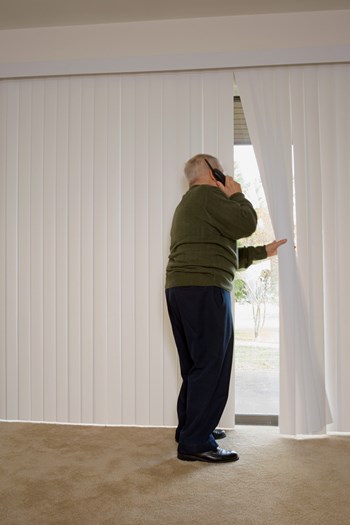
Q. I live in a condominium in Fort Lauderdale. Cameras have been installed in the complex for security purposes, but I feel like I am being watched all the time by the board president of the building. He knows at all times the ins and outs or the things we do when we neighbors are together downstairs by sending email regarding our actions—which are only friendly. What to do in that case?
—Somebody’s Watching Me
A. Alessandra Stivelman, Esq., partner at the Hollywood law firm of Eisinger Law, says, “Since cameras are becoming more affordable, they are naturally becoming more prevalent in community associations—generally for security reasons. However, there are many laws, both state and federal, that may impact the association’s authority to install cameras in the common elements of a condominium and record audio therefrom. In addition, the association’s governing documents may also impact the board’s authority to install security cameras.
“First and foremost, the association may not have had the authority to install cameras in the common elements if the cameras that were installed are deemed a material alteration to the association’s common elements. In Florida, the Condominium Act prohibits certain material alterations or improvements to the common elements without either the approval required in the association’s declaration or, if the declaration is silent, the statute requires approval of at least 75% of the voting interests. Older arbitration cases have found that the addition of cameras and supporting apparatus constitute a material alteration to the common elements requiring compliance with applicable law. However, newer cases have deemed the installation of certain cameras not to be material in nature. These determinations are made on a case by case basis.
“Assuming the association had the authority to install security cameras on the common elements, then the issue is one of whether the recording is in violation of Florida law. In Florida, it is illegal to record an oral communication unless the people communicating know of the recording and consent. However, not all conversations are subject to legal protection. Under Florida law, an oral communication is considered a communication that is made with the expectation that it would remain private and not be recorded or heard publicly. The Florida Supreme Court has held that for an oral conversation to be protected under Section 934.03, Florida Statutes, the speaker must have an actual subjective expectation of privacy, along with a societal recognition that the expectation is reasonable. In determining whether there is a reasonable expectation of privacy, the courts consider the location of the conversation, the type of communication at issue, and the way the communication was made. Accordingly, in the event the association’s security cameras were installed in a public area wherein the owners are aware of the cameras and have no expectation of privacy, then there is likely nothing that can be done to prevent the recording.
“However, please note that Section 718.123, Fla. Stat., permits the right of owners to peaceably assemble. Specifically, the statute provides as follows:
“‘All common elements, common areas, and recreational facilities serving any condominium shall be available to unit owners in the condominium or condominiums served thereby and their invited guests for the use intended for such common elements, common areas, and recreational facilities, subject to the provisions of s. 718.106(4). The entity or entities responsible for the operation of the common elements, common areas, and recreational facilities may adopt reasonable rules and regulations pertaining to the use of such common elements, common areas, and recreational facilities. No entity or entities shall unreasonably restrict any unit owner’s right to peaceably assemble or right to invite public officers or candidates for public office to appear and speak in common elements, common areas, and recreational facilities.’
“If the association’s use of security cameras is interfering with the owner’s right to peaceably assemble, the association and/or its directors or employees may be in violation of the law (although the direct correlation between the recording impacting one’s right to peaceably assemble would be difficult to demonstrate).
“Assuming the association is not acting without due authority in installing and reviewing/recording security footage and audio, the best solution to this owner’s concern would be to be cautious of what one says and does when in an area where there is no reasonable expectation of privacy.”



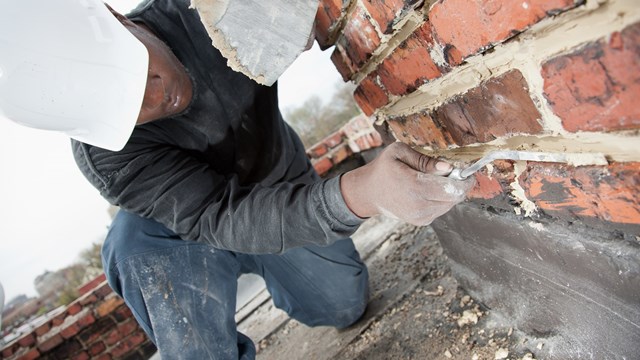
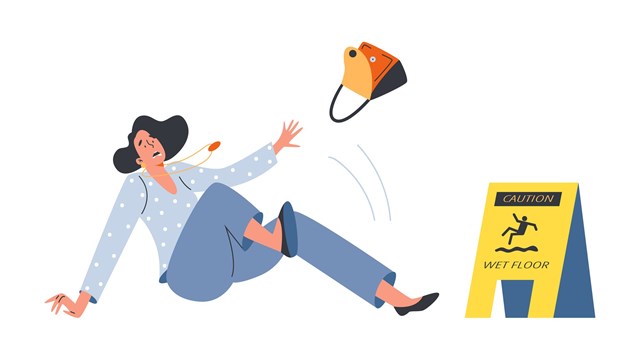
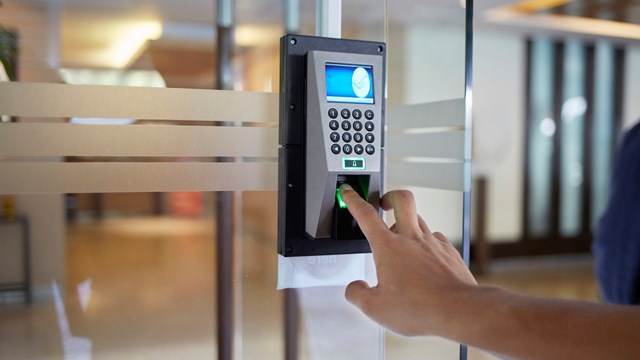

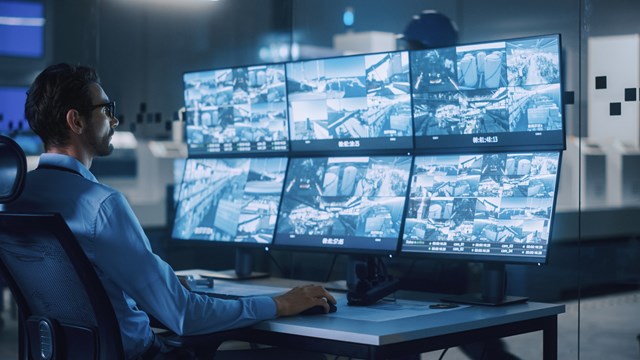
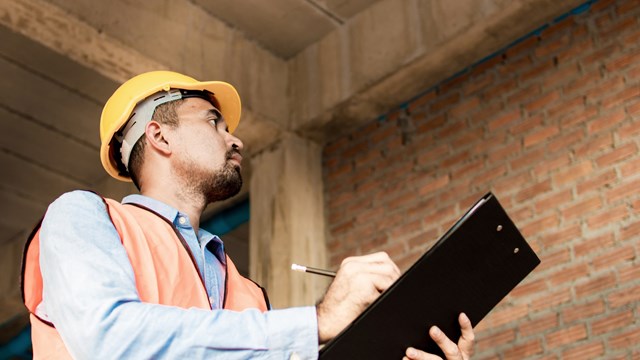
Leave a Comment